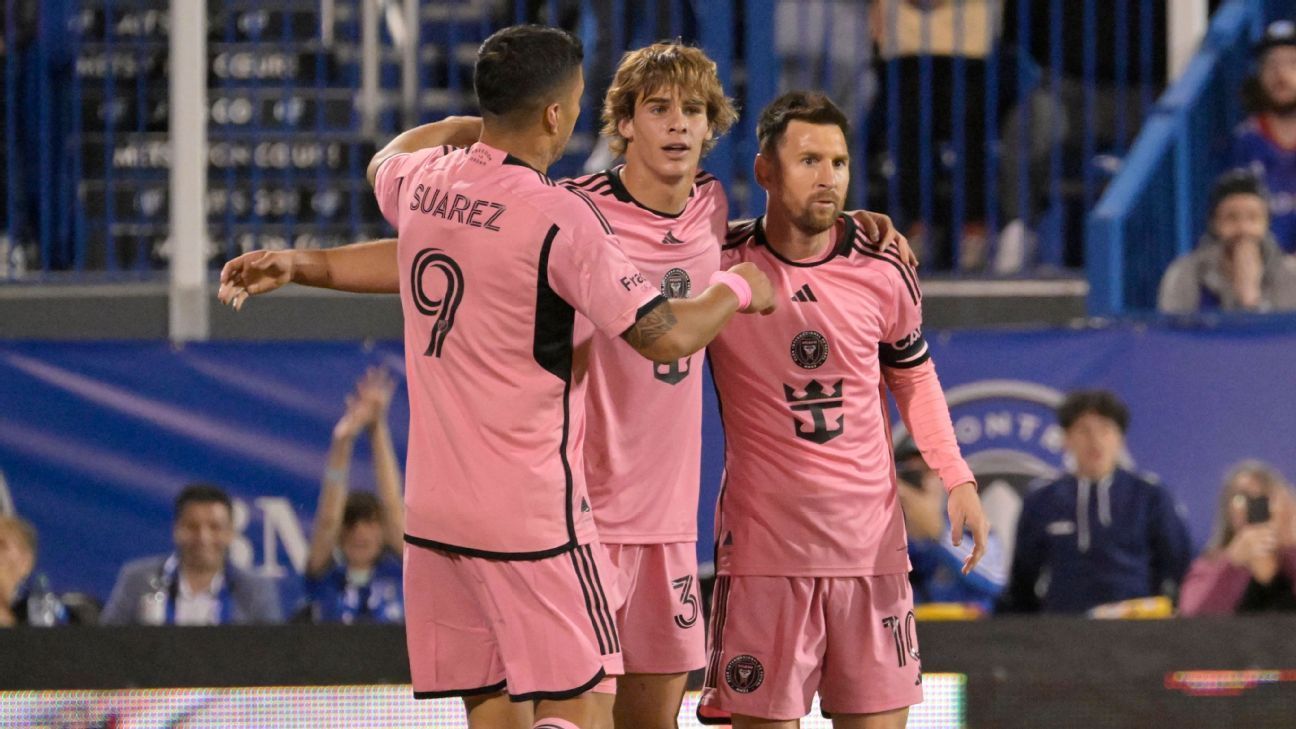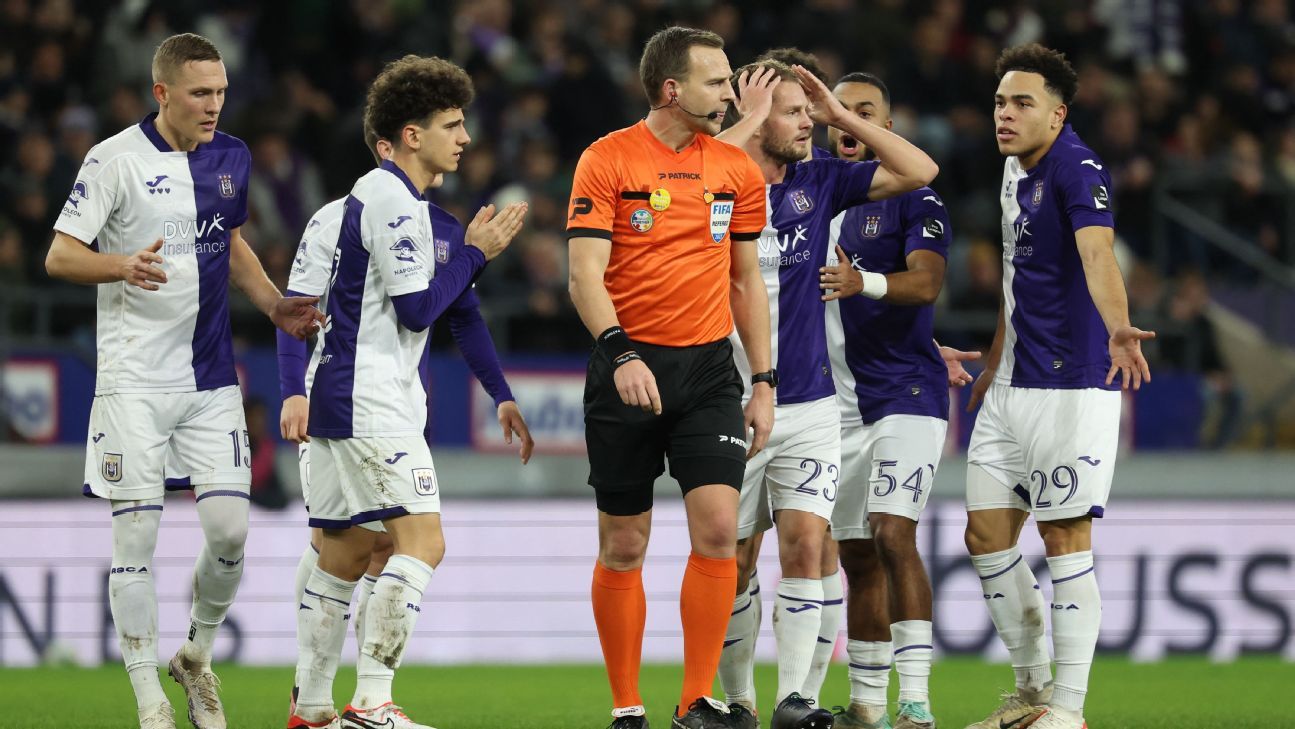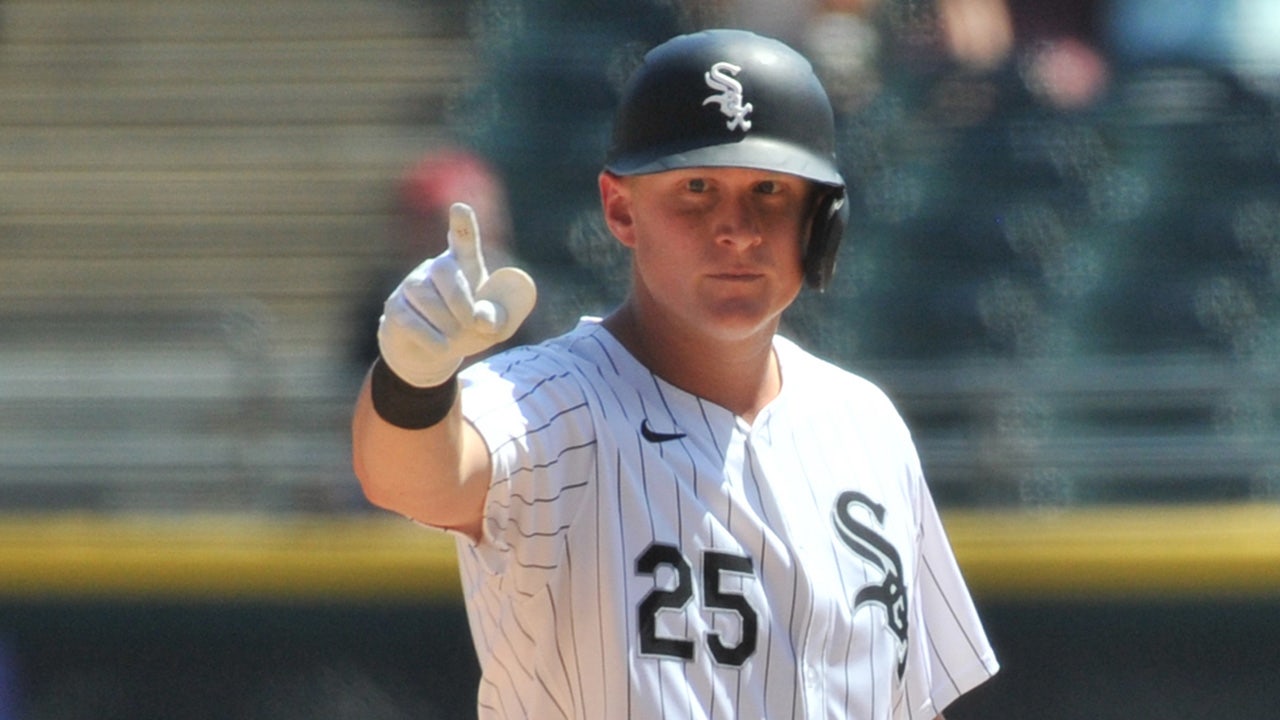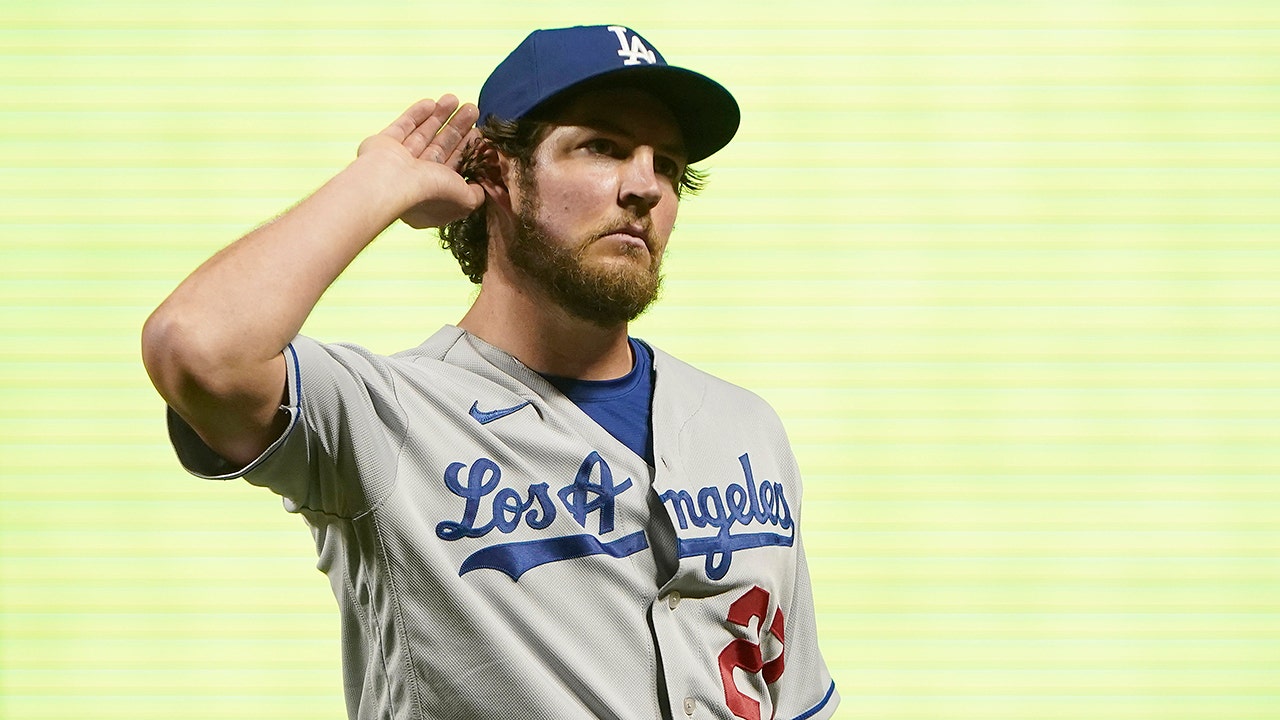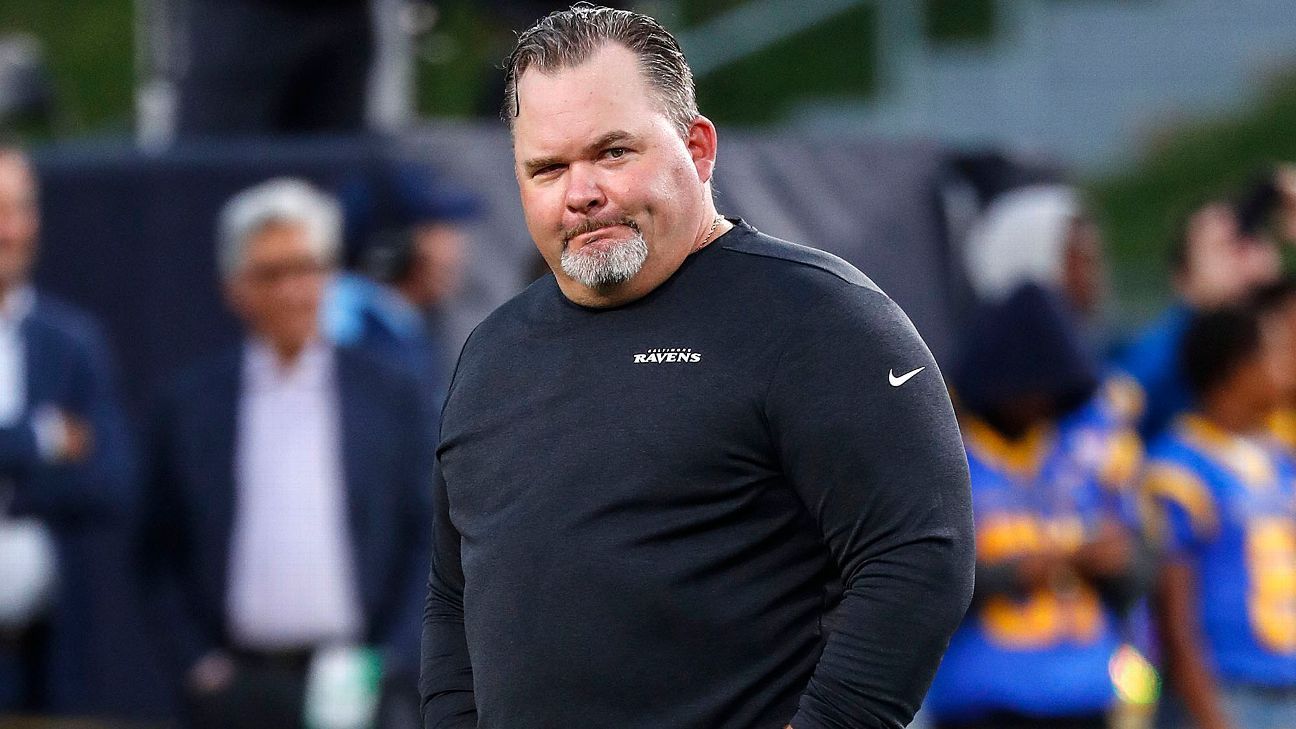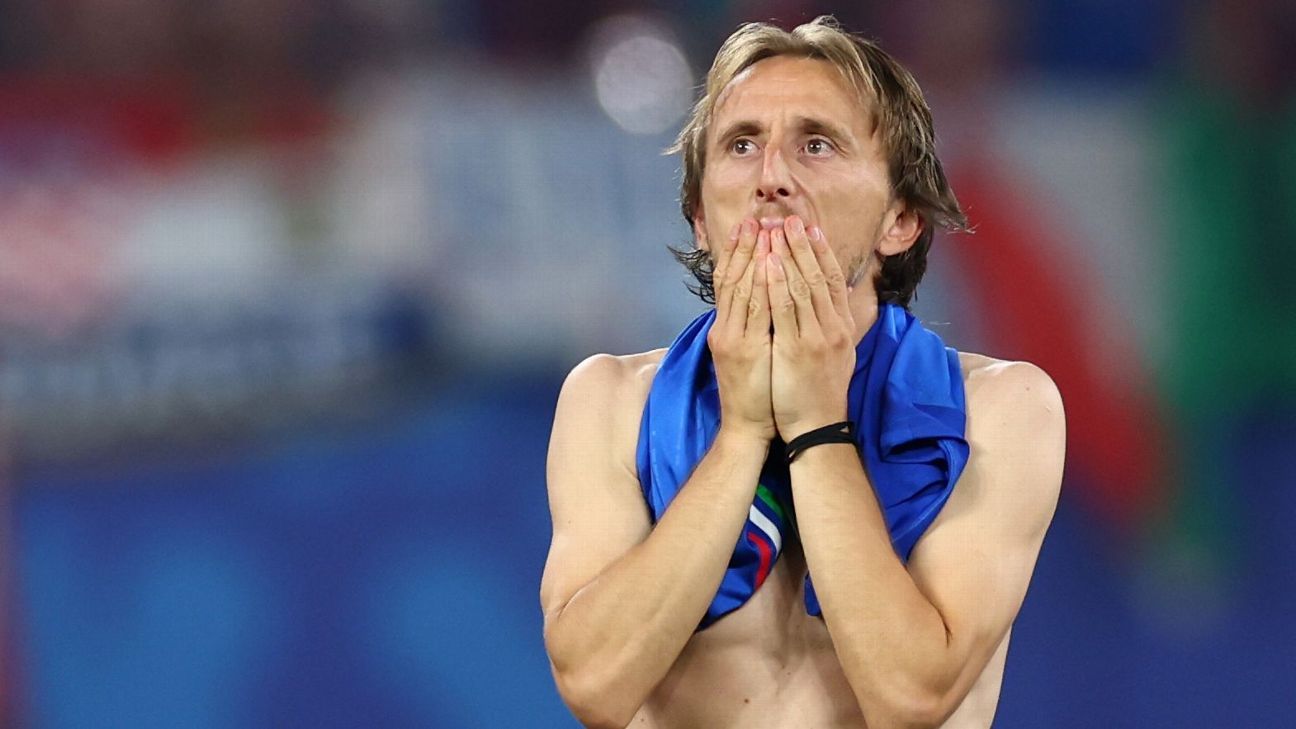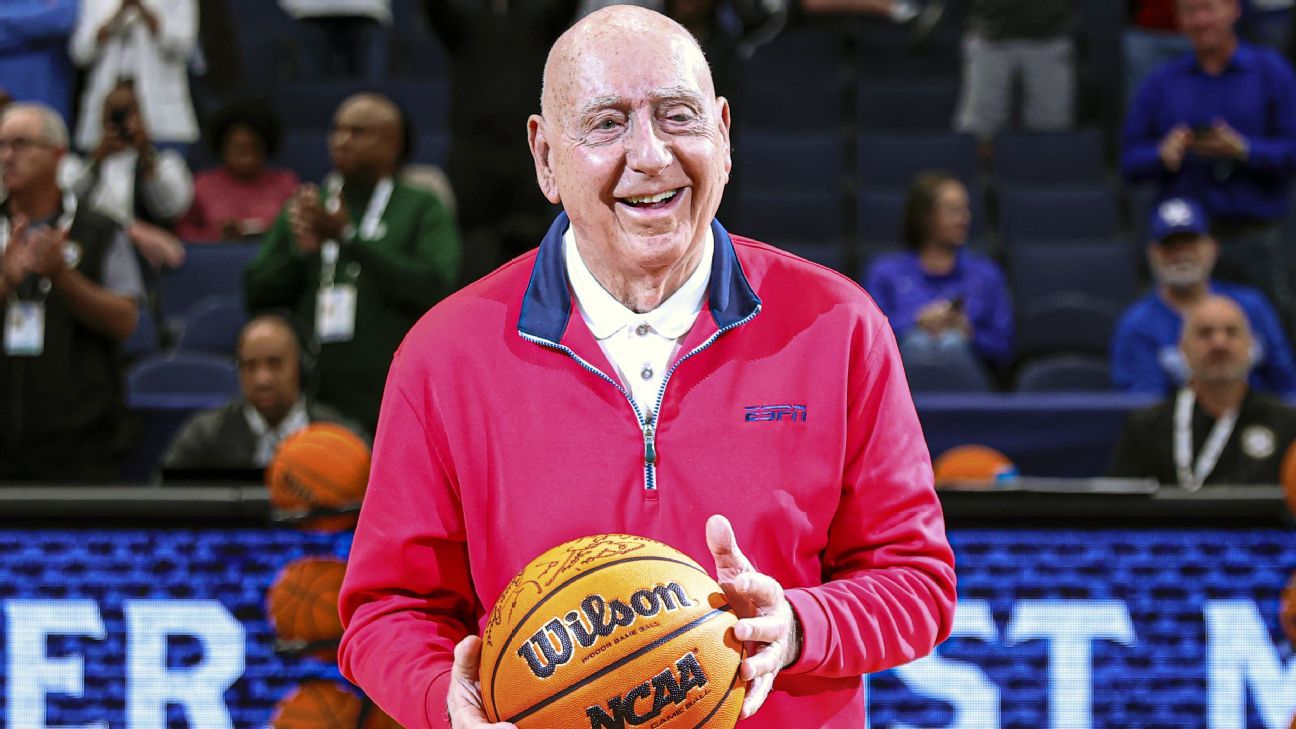Lionel Messi continually proves to be the most integral part of MLS leaders Inter Miami's success, even when he doesn't score or get an assist. In Saturday's 3-2 comeback victory over CF Montréal, the Argentine striker once again inspired his teammates on offense, but the Herons are falling into an uncomfortable pattern of play.
Recently, all of Miami's games have played out similarly: the backline fights and concedes before Messi inspires the offense to turn the score around and secure victory.
This time, it was former Inter Miami player Bryce Duke who took advantage of a weak defense to give Montréal a 1-0 lead in the 22nd minute, the seventh consecutive time Miami has conceded the first goal this season. That streak began on April 6 against the Colorado Rapids and extends to Major League Soccer and Concacaf Champions Cup matches against CF Monterrey, New York Red Bulls, New England Revolution, Nashville SC, Sporting Kansas City and now Montreal .
– Stream on ESPN+: LaLiga, Bundesliga, more (US)
In the 32nd minute, Jules-Anthony Vilsaint doubled the score to suggest that this time it would be a difficult comeback, but in all the MLS games in which they fell behind, Miami eventually recovered with Messi leading the attack alongside Luis Suárez . And Saturday was no different.
Messi quietly helped pave the way back: he won a free kick in a prime position for Matías Rojas to score from a set piece, before Suárez scored the equalizer from a corner four minutes later, and was then integral to the Benjamín Cremaschi's play for the winner at 59 minutes.
It exposed a striking difference from Miami's first meeting against the Canadian team on March 10, when they fell 3-2 as Messi watched from the sidelines as he recovered from a hamstring injury. And the Herons experienced something similar against the Red Bulls this season: losing 4-0 without Messi in late March before winning 6-2 over the same opponent just weeks later, with the star forward contributing five assists and a goal.
Messi's impact is clear. Since he debuted, in all competitions the team is 2-4-6 (WDL) when he does not play and 15-7-3 when he does.
But the defensive woes cannot continue and Miami must quickly learn how to cope without their star man if winning the Supporters' Shield and the MLS Cup remains a goal. Gerardo Martino's team can boast a staggering 35 goals scored, largely thanks to Messi and Suárez, but have conceded a staggering 20.
“Yes, it gives us peace of mind to have players like that in attack,” defender Franco Negri said later, when asked if having Messi in the team calms our nerves. “But we also have to have the responsibility to be better at the back… fortunately we found that amount of goals and won.”
Soon, Negri and his teammates will no longer be able to count on Messi to recover those goals, as the famous number 10 will depart to lead the heavy favorite Argentina in the 2024 Copa América from June 20 to July 14.
The Albiceleste He has won the tournament 15 times, holds the joint record with Uruguay, and if he reached the final this time, as expected, Miami would be without Messi for a month. Even if the reigning champions only reached the semi-finals, Argentina would still have the playoff for third place on July 13, which would cause Messi to miss five MLS games: Philadelphia Union (June 15), Columbus Crew (19 June), Nashville SC (June 15), 29), Charlotte FC (July 3) and FC Cincinnati (July 6).
But it could be even worse for Miami if the 36-year-old accepts coach Javier Mascherano's invitation to become one of three senior players allowed on the Argentina Under-23 team for the Olympic Games from July 24 to August 10. He will miss most of the 2024 Leagues Cup tournament.
“We have extended an invitation to Leo to join us at the Olympic Games and we have agreed to speak with him again,” Mascherano said of Messi's participation earlier this month. “We know it's not an easy situation for him… We will give him the time he needs.”
Two months without Messi leave Martino's team vulnerable in all competitions. For now, the coach revealed that he is just looking to win as many games as possible and maintain first place in the Eastern Conference before his star player leaves. But what comes next?
Miami's current offensive options include pairing Campana with Suarez, which proved ineffective in the 4-0 loss to the Red Bulls, or Suarez could play alongside Robert Taylor and Julian Gressel, as he did in the 1-1 draw. against New York City FC. But Suárez is 37 years old and may not have the energy to take on the creative load himself. The 23-year-old Campana may need to step up and lead the attack, as he did in the first half against the Colorado Rapids, although he created no opportunities in that game before leaving the field with no goals or assists in 42 minutes.
Of course there is no magic substitute for Messi. The eight-time Ballon d'Or winner proves time and time again why many consider him one of the best in the sport, but he can't always be there to save the day. Soccer is not an individual sport and the weeks without Messi will prove incredibly tough if Miami cannot solve its defensive problems.

